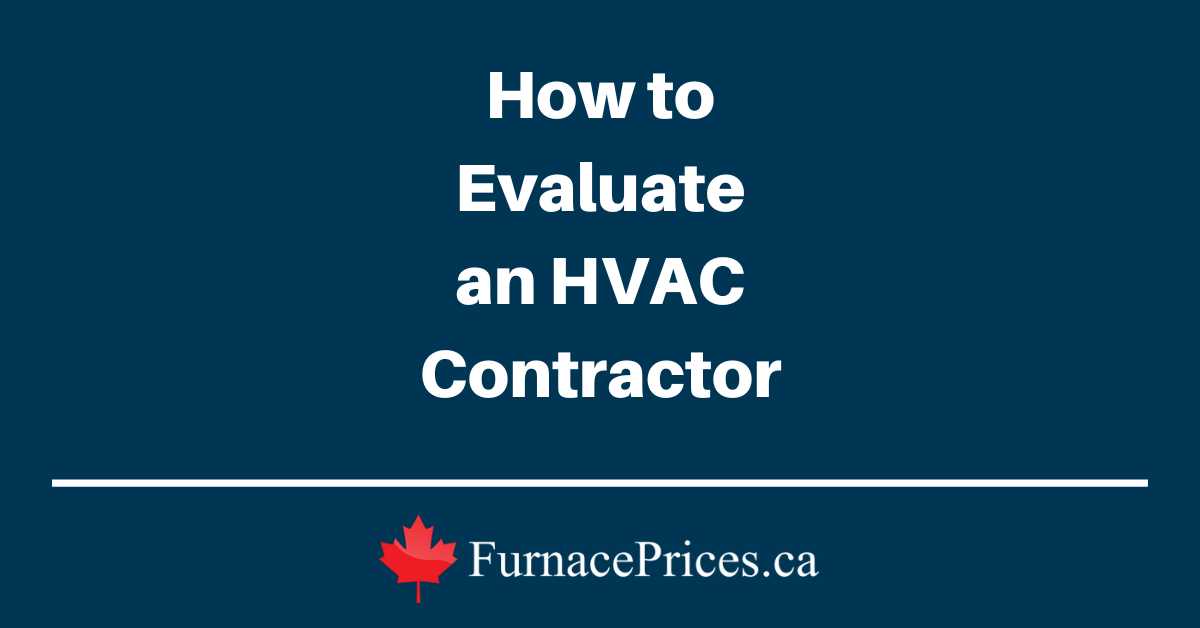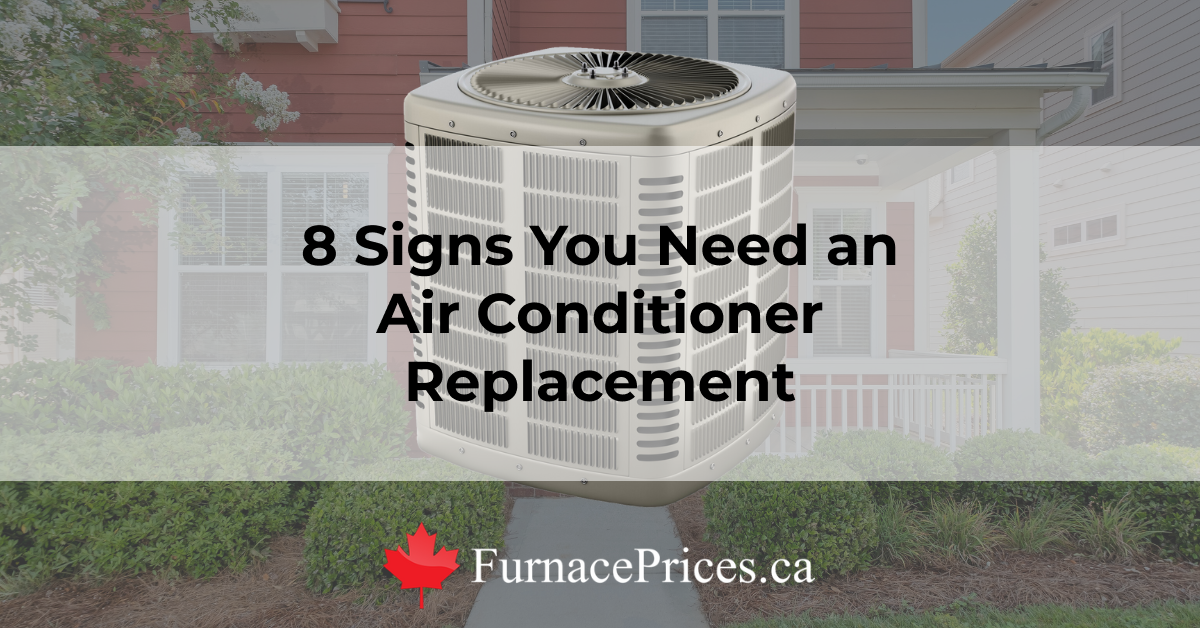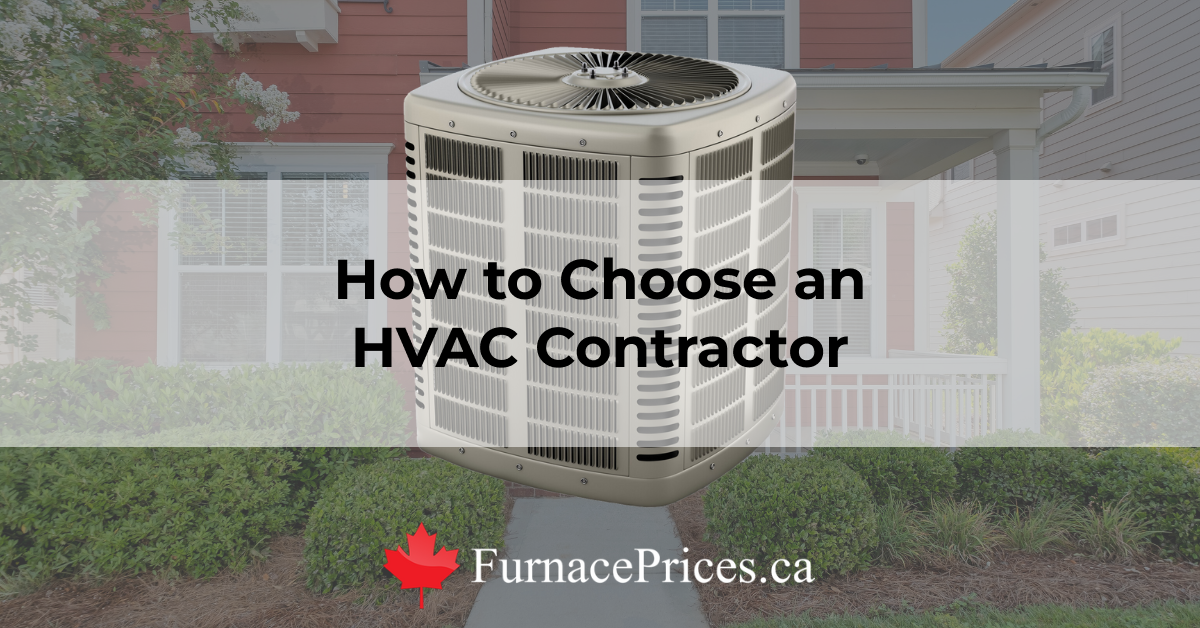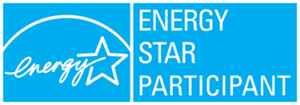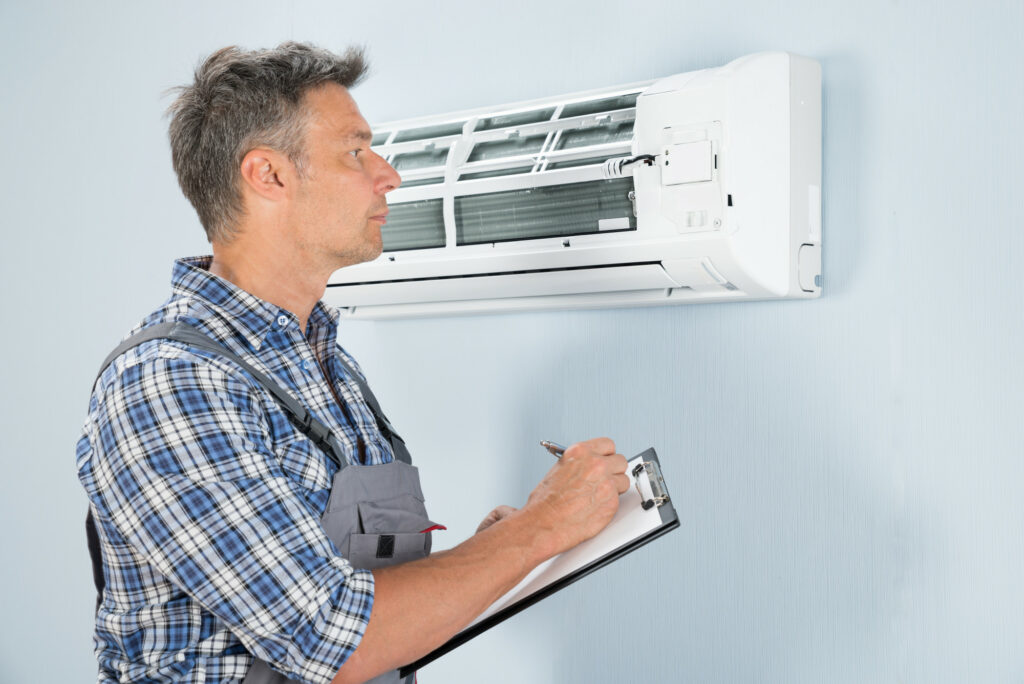
Demand for air conditioning continues to increase in Canada, with the demand tripling in British Columbia alone. But finding an efficient HVAC system is not the end of your worries. You also need to maintain your HVAC system and know when to arrange an HVAC inspection.
HVAC systems provide the welcome heating and cooling relief households need across Canada and other countries. The global market size continues to increase, last valued at $225 billion to $275 billion due to increasing demand. You can find HVAC systems in different locations, from households to commercial spaces.
But to maintain your system, you need to know when to schedule HVAC inspections. Read on for the top five HVAC problems that indicate you need to arrange an inspection.
What Does an HVAC Inspection Include?
An HVAC inspection is an evaluation of your system. It helps maintain the efficiency of your heating and cooling system. You want to ensure everything is running efficiently before Canada’s winter and summer seasons hit. You can arrange regular seasonal inspections or book one when you experience HVAC problems.
An HVAC inspection will reveal if preventative maintenance, repairs, or system replacement is required. Here’s what you can expect the technician to do during the inspection:
- Thermostat: Make sure it’s calibrated and check temperature readings and settings
- Electrical connections: Look for wear, corrosion, or damage, tighten electrical connections, and test capacitors, relays, and contactors
- Air filter: Check the filter condition and recommend cleaning/replacement if it’s dirty or clogged
- Blower assembly and motor: Inspect the blower motor and fan for dust, imbalances, and damage as well as test the amperage and voltage
- Ductwork inspection: Look for leaks or mold/debris buildup and check insulation and airflow
- Refrigerant: Check the refrigerant levels, look for leaks or wear, and test the pressure
- Evaporator and condenser coils: Clean the coils, inspect for damage or freezing issues, and ensure proper airflow across the coils
- Burner and heat exchanger: Inspect the burner for proper ignition, look for cracks or corrosion in the heat exchanger, and ensure safe combustion and proper ventilation
- Condensate drain and pan: Check for clogs or leaks, flush the drain line if necessary, and inspect the pan for rust or standing water
- Safety controls: Test the safety switches and limit controls as well as verify that the emergency systems are functioning
- System startup and shutdown: Observe the system through a full cycle, listen for unusual noises or vibrations, and monitor performance and efficiency
When Should You Schedule an HVAC Inspection?
An HVAC inspection should be part of your regular home maintenance schedule, but it’s not something you must do all the time. Here are the most important times to have your heating and cooling systems checked by a professional:
- Once a year for a regular inspection
- Before buying or selling a home
- After renovations
- If the system hasn’t been serviced in over a year
Benefits of Regular HVAC Inspections
While it may be tempting to put off an HVAC inspection to save some money, there are risks associated with neglecting them, like missing a small problem that becomes a major breakdown.
What’s more, regular checkups have many benefits and could actually save you money in the long run.
Here are some of the ways an HVAC inspection can help your home, your heating/cooling systems, and your wallet:
- Maintain heating and cooling efficiency
- Reduce energy bills
- Prevent unexpected breakdowns and expensive repairs
- Improve indoor air quality
- Extend equipment lifespan
- Maintain warranty compliance
How Much Does an HVAC Inspection Cost?
The HVAC inspection cost can vary depending on several factors, such as the size of your system, your home, and the HVAC problems. It can range from $150 to $500. However, the final cost will depend on a variety of factors.
Factors that influence HVAC inspection pricing
If you’re wondering “how much does an HVAC inspection cost” so you can budget, let’s look at the most common factors impacting the price:
- Type of HVAC system (e.g. furnace or boiler, air conditioner, heat pump, etc.)
- Make, model, and efficiency of your furnace/boiler/air conditioner/heat pump
- Additional equipment, such as a whole-home humidifier
- Size, age, and condition of the system
- Where you live
- Time of year
- Labour and material costs
- Inspection type
Add-ons or upgrades an HVAC technician may recommend after an inspection
During the course of your HVAC inspection, the technician may uncover routine maintenance issues that should be addressed to keep the system working optimally and efficiently.
Opting for those services will add an additional cost to the HVAC inspection price, but they may be worthwhile. Here are some of the services your HVAC pro may recommend:
- Changing/cleaning the filter
- Tuning up the system
- Upgrading to a programmable/smart thermostat
- Coil or blower cleaning
- Topping up refrigerant levels
- Thermostat calibration
- Sealing ductwork
- Clearing the condensate drain
- Replacing components
DIY HVAC Checks vs. Professional Inspections
There are some parts of an HVAC inspection homeowners can take care of, but other elements should be left to the professionals. Let’s look at what’s on each of those lists.
What homeowners can do: HVAC inspection checklist
Here’s a DIY home inspection HVAC checklist that will help keep your heating and cooling systems in tip top shape:
- Check if filters need to be cleaned/changed
- Check for blockages in/around vents and registers
- Check if any components need cleaning
- Check if the outdoor unit and surrounding area are clear
- Check for proper airflow
- Check if the condensate drain is clear
- Check for visual signs of damage
- Check for strange noises or smells
- Check for water leaks or rust
- Check thermostat settings and operation
What HVAC inspections require a professional
By contrast, there are parts of an HVAC inspection you should leave to a professional, for your safety and for the sake of your equipment, such as:
- Inspecting/topping up refrigerant lines
- Testing electrical connections
- Checking airflow
- Inspecting internal components
- Calibrating the thermostat
- Combustion analysis
- Inspecting gas hookups
Risks of skipping a professional check-up
While regular HVAC inspections might not seem super important, there are many reasons you should schedule them.
For starters, frequent check-ups will make sure there aren’t any major problems with the system.
They’ll also identify small problems that could turn into big, expensive repairs without proper attention. Not only will that save money, but it will also protect you from finding yourself without heat in the middle of winter or without A/C during a heat wave.
Further, inspections and tune-ups will keep the system working efficiently for longer. That translates to lower energy bills over the years and a longer lifespan, saving you money on premature replacement costs.
Finally, most HVAC warranties require annual professional maintenance, and you risk voiding the warranties—some of which last the lifetime of the unit—if you don’t take care of it.
HVAC Inspections When Buying or Selling a Home
HVAC inspections are important when you’re considering buying a home because it will help protect your investment. As a seller, it can potentially help you negotiate a higher sale price if the system is in good condition.
Importance of HVAC documentation for home buyers
When you buy a home, part of the purchase price comes from the age and condition of the house and its contents, including the HVAC system.
You’ll want to see things like the original invoice with installation date, owner’s manual, maintenance receipts, and warranty documentation. These documents will provide you with valuable information about the furnace, boiler, heat pump, air conditioner and other equipment, such as:
- Original installer
- Age and condition
- How often inspections and tune-ups have been performed
- What minor or major repairs have been completed
- Life expectancy
- Expected maintenance
- Warranty status
- Energy efficiency
- Compliance with building codes
How HVAC inspections affect home value
HVAC inspections can impact home value because heating and cooling systems are major components of a home’s infrastructure and will be considered by any home appraiser or inspector.
For example, a clean inspection demonstrating good maintenance history assures buyers the system is reliable, increasing willingness to buy without asking for repairs, replacements, or a price reduction.
What’s more, homes with documented, well-maintained HVAC systems tend to sell faster, especially if the system is efficient, clean, and has good airflow.
By contrast, an older or failing HVAC system can knock thousands of dollars off your home’s value. Modern home buyers generally prefer houses that don’t require immediate repairs or replacements, and they want reliable, efficient appliances, including HVAC equipment.
What sellers should do to prepare
If you’re planning on selling your home, you can take steps to ensure your heating and cooling systems are in good working order:
- Schedule a professional HVAC inspection
- Clean/change the filters
- Ensure the internal and external components are clean and corrosion-free
- Clear obstructions from around the equipment
- Gather all documentation
- Inspect ductwork, windows, and doors for leaks
- Test that all components are working properly
- Prepare a maintenance/repair history for each piece of equipment
Choosing a Reliable HVAC Technician
Whether you’re buying, maintaining, or inspecting your HVAC system, the technician you choose can be almost as important as the equipment itself! To protect yourself, your home, and your investments, here’s what you need to know about choosing an HVAC technician.
Look for licensing, experience, and reviews
Licensing, training, and experience are some of the most important things to look for when selecting an HVAC contractor because they ensure the person knows what they’re doing.
Furnaces, boilers, air conditioners, and heat pumps are expensive, and you don’t want somebody poking around if they don’t have the right knowledge, tools, and education.
Having a good reputation is another piece of the puzzle. You can start by checking online reviews to get an idea of what former customers have to say about any given company, but you might also want to get recommendations from friends and family or talk to real people who have used a particular HVAC company.
You can also locate a local HVAC contractor through our certification program. We do the legwork to make sure our certified contractors have all the right training, licenses, insurance, experience, and so much more, so you know you can trust them.
Ask about flat-rate vs. hourly pricing
There are two main ways an HVAC contractor will bill a job: flat rate or hourly. With flat rate, they’ll evaluate the job (including time, labour, and materials) and tell you the set price before beginning work.
With hourly, they’ll bill you based on the amount of time the job takes, and you won’t know until afterward how much you owe.
Here are some tips to protect yourself:
- Ask the contractor in advance how they bill
- Get things in writing, including the flat-rate cost or the estimate for hourly work
- Ask what’s included in the cost or estimate (for example, does the flat-rate price include parts?)
- When checking online reviews, pay attention to whether previous customers have reported that a company has fair and transparent pricing/quotes
Verify services included in the inspection
Before hiring a contractor/company for an HVAC inspection, ask for a detailed breakdown of what’s involved.
The contractor should have the knowledge, tools, and licenses necessary to:
- Work with all HVAC equipment
- Test electrical equipment
- Check gas fittings
- Assess indoor air quality and ventilation
- Identify problems
Warning Signs of HVAC Problems
HVAC systems can experience a variety of issues. It can be tempting to ignore HVAC problems initially, especially if they seem to be minor, but problems can quickly worsen. If you notice any of these warning signs, it is time to schedule an HVAC inspection.
1. Unexplained Energy Bill Increases
Some HVAC problems are hard to detect, but your energy bill can give you a clue you need to take action. If you are noticing a steadily increasing energy bill each month or a bill that is much higher than average, it could be due to the HVAC system.
If your HVAC system is switching on and off, it uses more energy. You will also not get the home comfort levels you need.
While there are many reasons why utility bills can increase, if you cannot find another cause, arrange an inspection.
Regular HVAC inspections also help you reduce utility bills, as they make sure your system will always be running efficiently. Many HVAC problems will cause increased energy bills, including reduced airflow or decreased efficiency due to the age of the system.
2. Unusual Noises and Smells
Have you noticed a strange odour around your home? Or is your HVAC system being noisier than usual? Unusual odours are not just an annoyance but can also indicate a problem with your heating and cooling system.
You might hear sounds like rattling, banging, or screeching. There could be loose parts, an issue with the motor, a leak, or another issue that needs fixing.
Smells can also be an indication you need to call a professional. Smells will be unusual, such as a stale or musty smell. This could indicate problems with the condensate drain system. If you smell an electrical or burning smell, shut your system off immediately, as it could be a fire risk.
Get Quotes
How soon are you looking to buy?*



3. Change in Airflow
The airflow is how much air enters and exits your HVAC system. It should be balanced if it is working efficiently, but problems can sometimes change the airflow. Some common air conditioning airflow problems include:
- Buildup of debris on the cooling coils
- Clogged filter
- Air leaks or disconnected ducts
- Imbalance between ducts sizes due to poor design
Do not ignore this warning sign. Sometimes airflow changes are due to filters needing to be cleaned. However, there could also be a severe blockage due to buildup of dust and dirt on the coils that could cause more damage to your system and higher utility costs if you do not address it.
Ducts can leak due to various reasons. Animals can damage ducts, creating holes. Joints in ducts can separate, leaving openings where air can escape. Some of these leaks can be hard to find, so you’ll need a professional to evaluate the airflow and see if leaks are a problem.
If your system was poorly designed, there can be airflow issues that will prevent the system from operating with maximum efficiency. If this is found to be the case, it should be corrected so you can get the most out of your investment.
4. Old Age
How old is your HVAC system? If your system is over eight years old, or you are unsure of its age, ask for an HVAC inspection. Most HVAC units last around ten years or longer if there is regular maintenance.
However, the system is more prone to problems as it ages, so be sure to start scheduling HVAC inspections to make sure you are maintaining it properly to increase its lifespan.
5. Excess Moisture or Dust
Have you noticed more dust in your living space? You may also be experiencing more allergy symptoms and not know why. More dust in your living space can be due to a dirty HVAC system.
There are a few reasons why your HVAC system is producing dust. Usually, changing a clogged filter which is not working properly can resolve the problem.
However, other causes such as faulty ductwork or inadequate filtration could also be to blame. It is best to schedule an HVAC inspection, so they can find the root cause of dust before it causes more health issues and dirt in your home.
It is also time to schedule an HVAC inspection if you notice excessive humidity in your home. A system that is not working properly will begin to lose control of humidity levels in your home. There could be several reasons for this, which are causing your system to have reduced efficiency. Your inspection will figure out what the problem is and how to correct it.
HVAC Inspection Near Me
If you notice any of these warning signs or any other issues with your HVAC system, it is time to schedule an HVAC inspection. Do not ignore the problem because it can quickly worsen, which will cost you more money in the long run.
It is also essential to schedule an HVAC inspection by a qualified expert, as they have the expertise to repair or replace the unit. You could cause more damage or injure yourself if you attempt to figure out the problem.
Do you need an HVAC inspection? Request free quotes to compare from our local certified HVAC partners.
We also have other resources to keep your HVAC system running at optimum. Sign up for our free membership to get exclusive buying guides and information.
Get Quotes
How soon are you looking to buy?*





